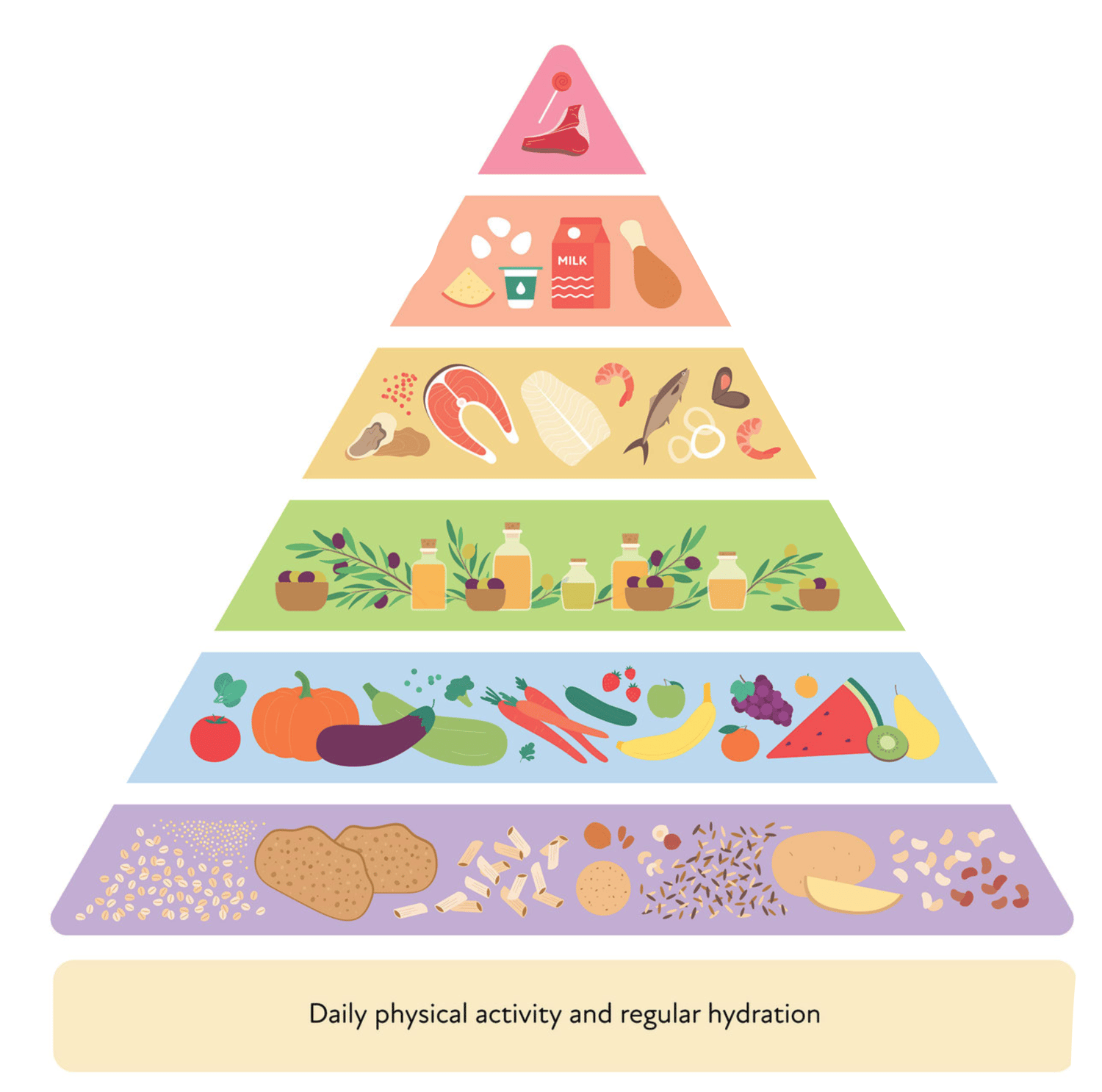What food to eat?
This seems important, but let’s assume you have common sense (you are reading this blog willingly). The amount and times a day seem more important. Another way of looking at it is in terms of fitness: intensity and reps (repetition).
To me, calorie value is of no importance. Bold statement, I know, but bear with me. I will explain.
While calorie counting may help you adjust your weight in the short term, it is not a long-term solution. It does nothing to address your underlying problem, your psychological tendencies, or the nutritional value of the food. The seven classes of nutrition are, fat, proteins, carbohydrates, vitamins, minerals, fiber and water.
Let’s say that you are used to 4000 calories a day. The norm for a female is around 2000 (1600-2400) calories a day, and for a male, around 2500 (2000-3000) calories a day. Well, with 4000 calories, you are exceeding your limit, male or female, right? Well, if you are trying to gain weight, then no. Let’s say you want to be a bodybuilder; then 4000 calories in your bulking phase would be great. ‘But what if I am overweight and am used to 4000 calories a day? And not the kind of calories considered great for me, but very tasty calories.’ Some call these empty calory foods. A food that contains a large percentage of its calories from sugar, fat, and/or alcohol. They might lack vitamins, minerals, protein, fiber, and fatty acids, all essential elements. But they are not really empty. They will still provide energy like other foods and will have nutritional value.
You might want to minimize processed foods for the majority of each week and eat foods that are not loaded with all kinds of deluded or hydrogenated vegetable oils, propylparaben, Red Dye whatever number, high-fructose corn syrup, and foods like refined-grain pretzels, sweetened canned fruit, coffee creamers. I personally (I have my reasons) limit certain soy and avoid stevia. I’m not saying you should. Also, processed foods are not bad. Take whey powder, for example; it’s pretty good for you but highly processed. Or all the vitamins, herbs, minerals, and mushrooms in pill form you take. All are highly processed, but not all bad.
Eating the bad all the time can mean that you include a high probability that you will break down faster over time, with a good amount of suffering in the end. Yeah, not so great.
But to understand calories, we have to look at the past. It was important to measure the amount of heat/energy necessary to raise the temperature of 1g (1mL) of water to 1 degree Celsius (C), which is mostly used for engines. So you put food in the oven, evaporate the water content, and then you burn it to see how much energy/heat it delivers. Well, fortunately, we’re no ovens. And we all process food differently. Maybe you are lactose intolerant; I am not. Difference. Although the Atwater System improved these measurements by a lot, I use it as a very general guideline. Like BMI index. A general guideline.
Educate yourself on good healthy food. This is difficult enough. Take Salmon, for instance. Great nutritional value, omega 3 fatty acids, etc. Healthy, right? Well.. if you got it from an upstream swimming salmon in Alaska, that is. Farmed Salmon has been found to contain toxic chemicals methylmercure, dioxins and PCBs. Those farms have been accused of polluting the oceans, fostering disease, and spreading sea lice, yikes.
Don’t let this scare you. There is something wrong with all our foods. That’s the price of mass production.
The thing you can do is eat your food as if it is the healthiest thing you ate. It is a thing like loving on your plant or shouting and being angry at it. IKEA reproduced this experiment in 2018.
Be mindful of what you throw down the hatch. Use common sense. You know the difference between a strawberry and a donut, I hope.
Love yourself a bit more when it comes to your body. You only have one. Don’t abuse it, and it will do good for you.
Link:
These guys explain calories well: https://www.mcgill.ca/oss/article/nutrition/how-caloric-value-food-determined


